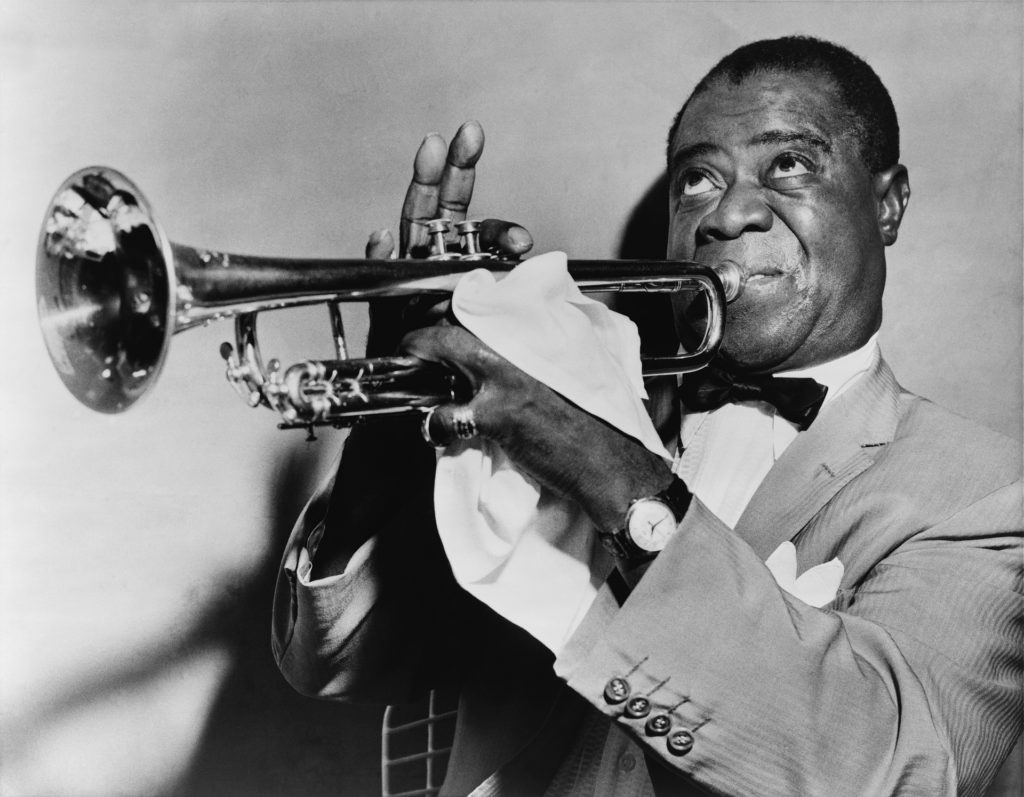Posts Tagged ‘Trumpet Technique’
Trumpet – Preparation as Positions of Release (Musicians)(Psychology)(Pain)(Strain)(Injuries)(Posture)(Alexander Technique)(Albuquerque)
This ebook, An Alexander Technique Approach to Trumpet Technique, is published on this website in a PDF format. It is very detailed and practical, and it will give you the physical tools you need to take the limits off of your ability to create the accurate trumpet technique you want without sacrificing your body.
This ebook is also for sale on all AMAZON websites in a KINDLE format.
Located in Albuquerque, New Mexico, U.S.A. (MOVEMENT THERAPY)
Over the years as I’ve taught trumpet players, there is a term that keeps coming up, and that word is PREPARATION. It is a term that has been defined by the trumpet players I’ve worked with as that moment right before playing, when the trumpet player prepares him or herself to play well from the very first note.
I’d like to Alexanderize the term. In fact there already are two terms in the Alexander Technique that together beautifully capture the concept of preparation on the trumpet. These words are DIRECTING and INHIBITION.
To DIRECT is to release your neck and allow your spine to lengthen right before you play. To INHIBIT is to let go of what you DON’T want to do before you play. I’m expanding the concept of inhibition in this essay to mean ALL you don’t want to do before you play, rather than the traditional meaning of inhibition. The strict Alexander Technique definition of inhibit is to choose ONE habit to NOT do right before you play, that isn’t serving you.
What is it that most trumpet players do right before they play that they call preparation? THEY STRIKE A POSE WITH THE TRUMPET FROM HEAD TO TOE AND FROM SHOULDER TO FINGERS, THAT THEY HAVE CHOSEN AS THE BEST JUMP OFF POINT FOR PLAYING.
Is this good or bad? STRIKING A POSE before you play is bad from the Alexander Technique perspective. Why?
BECAUSE, WHEN YOU STRIKE A POSE BEFORE YOU PLAY, YOU ARE IMMOBILIZING THE WHOLE BODY IN PREPARATION FOR PLAYING THE TRUMPET. You are tensing and locking up and taking the space out of all of your joints before you play. This is what causes wear and tear to the body, and it also negatively affects how well you play.
There is another huge problem associated with tensing before playing. Most trumpet players do not have good posture, so that the moment of preparation before playing is an immobilizing of the whole body in preparation to play with POOR posture.
What the hands, fingers, arms, and lips do is usually more thought out by the trumpet player, so that the hands, fingers, arms, and lips are placed consciously, for better or worse, before playing.
Let me define what the Alexander Technique considers conscious proper preparation right before you play.
RIGHT BEFORE YOU PLAY, DO A FULL BODY INVENTORY OF UPWARD RELEASE FROM HEAD TO TOE AS PART OF YOUR TECHNIQUE. RELEASE ARMS, HANDS, FINGERS, AND JAW AS PART OF YOUR TRUMPET TECHNIQUE.
So, preparation from the Alexander Technique perspective is preparing the WHOLE body to play the trumpet just before you play. By physically releasing and expanding in all directions, the whole body is “poised in release” to play.
THIS MEANS YOU MOVE INTERNALLY FIRST, JUST BEFORE THIS INTERNAL MOVEMENT MANIFESTS AS PLAYING THE TRUMPET.
I have never ever seen a trumpet player who has not done any Alexander Technique do this internal release right before playing. They “lock and load” (literally), as they say right before a marksman shoots a rifle.
There is a mental/psychological reason for preparation on the trumpet. At that very moment before playing, you bring all of your attention, awareness, and focus to the music about to be played.
When I think of focusing on something, I instantly think of narrowing my attention to only the task at hand. If I’m really honest with myself, my habit is to hunker down to block out the world, especially if I’m about to play the guitar or do and complete any task perfectly. I now choose not to do this.
“Hunkering down” is what I see in most trumpet players do in conjunction with what they call preparation. This means that the trumpet player does this contradictory combination of conscious technique and postural positionings right before he or she plays. The trumpet player ties conscious technique choices to unconscious hunker down habits to block out any distractions, either from the audience or to suppress feelings of fear.
I’m asking you to do the opposite of what just about every other trumpet player does the very moment before playing. RELEASE!
By choosing to define your trumpet technique as “POSITIONS OF RELEASE” right before you play, then you are doing what most trumpet players do not do right before performing. Release any unnecessary tension and physical habits out of your body, and play the trumpet on these physical expansions throughout the whole body.
What is so extraordinary about doing this is you are preparing to play by trusting an expansive body to play accurately. You are NOT tensing for precision and NOT immobilizing your arms, hands, fingers, and jaw before a whole assortment of refined movements, which is called playing the trumpet.
